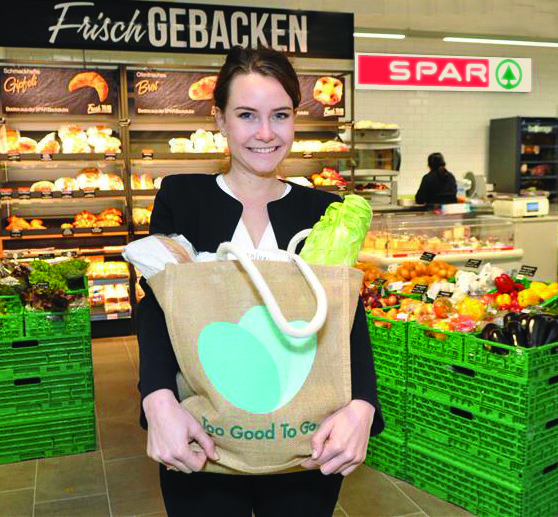London, February 3, 2021 – Demand for UK supermarket property assets has boomed in the face of the soaring sales volumes experienced by UK grocery operators during the pandemic. The trend has been further driven by the challenges facing other commercial property asset types and investors looking for a source of stable rental income.
The latest Colliers UK Grocery Real Estate Review reports that £1.83bn of supermarket assets were traded last year as investors targeted the sector for returns underpinned by grocery sector performance. Last December, the sector saw grocery sales volumes hit £11.7bn – the highest ever monthly level.
Tom Edson, Head of Retail Capital Markets at Colliers, comments: “The pandemic has impacted all areas of commercial property investment, but grocery-backed assets have proved most resilient as they have been underpinned by this unprecedented focus of consumer spending.
“The long-term annual average trading volume for grocery-backed property assets has been around £1.4bn but we are now seeing investor demand that far outstrips supply.”
The home delivery costs entailed by online grocery shopping has meant that operators have previously struggled to make profits out of this aspect of their business, but the super normal level of sales in 2020 has given them the financial resources to upgrade their infrastructure. This may become increasingly imperative as it is expected that as many as a third of shoppers who switched to online during the pandemic will not return to grocery shopping ‘in person’.
Tom Edson continues: “The Big Four operators – Tesco, Sainsbury’s, ASDA and Morrison’s – have benefitted most in the past year as they have had the breadth of product lines and online shopping platforms to meet demand. The discount operators – primarily Aldi and Lidl – fared less well because of their lack of online presence, but the entire sector has seen increased trading volumes.
“The ‘get-it-while-you-can’ atmosphere engendered by successive lockdowns has fuelled the move online and has seen a return to the weekly ‘Big Shop’. Once the mainstay of supermarket trading, it had faded in recent years as shoppers became more impulsive in their habits and relied increasingly on convenience stores.”
With property investors targeting the sector in growing numbers and operators buying back their stores to mitigate the ongoing effect of rental liabilities, the availability for grocery-backed assets looks like it will become constrained.
Tom Edson adds: “The attraction of buying a property asset which is backed by a solid corporate covenant that has continued to pay its rent throughout the pandemic is considerable.
“However, this enthusiasm should be balanced by awareness of macro-economic factors such as the increased levels of unemployment which surely must occur this year and also the effect of the final Brexit deal which may bring higher food prices and have a dampening effect on grocery spending.”



